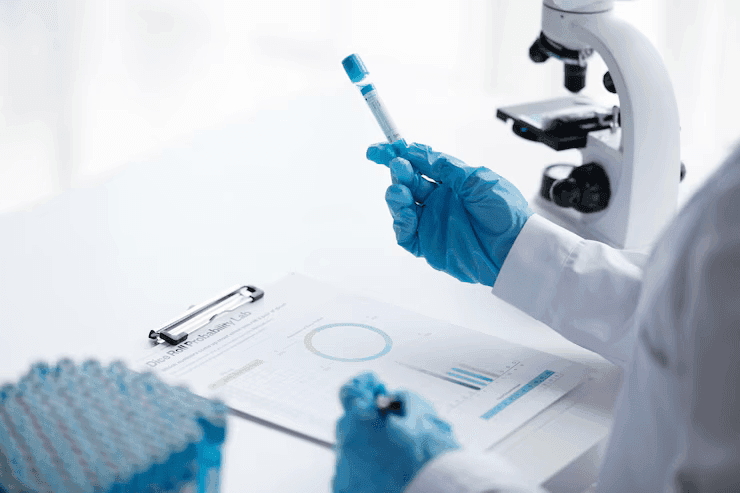
Cancer remains one of the most challenging diseases in modern medicine, requiring continuous research and innovation to improve treatment outcomes. Clinical trials and research play a critical role in the development of new drugs, biomarkers, and treatment regimens, ensuring that cancer therapies are safe, effective, and tailored to individual patients. This article explores the importance of clinical trials, the process of designing and conducting Phase I–IV trials, and the role of translational research in bringing novel cancer therapies from the laboratory to the clinic.
Clinical trials are research studies that evaluate new medical treatments, drugs, or procedures in human participants. They help determine the safety, effectiveness, and potential side effects of new therapies before they become widely available. These trials follow strict guidelines set by regulatory authorities such as the U.S. Food and Drug Administration (FDA) and the European Medicines Agency (EMA) to ensure ethical and scientific integrity.
Advancements in cancer treatment rely on the discovery and validation of new drugs, biomarkers, and treatment approaches. Research in these areas helps develop personalized treatment plans tailored to a patient’s genetic and molecular profile.
New drug development is a rigorous process that starts in the laboratory and progresses through preclinical studies before entering clinical trials. Promising targeted therapies, immunotherapies, and chemotherapy drugs undergo extensive testing to evaluate their effectiveness in specific types of cancer.
Biomarkers are biological molecules found in blood, tissue, or body fluids that indicate the presence of cancer or predict how a patient will respond to treatment.
Traditional cancer treatments like surgery, chemotherapy, and radiation therapy are being combined with newer approaches to create more effective regimens.
Translational research is a critical field that transforms scientific discoveries into real-world medical applications. It connects basic laboratory research with clinical practice, ensuring that innovative therapies reach patients as quickly as possible.
Clinical trials and research have revolutionized cancer treatment, leading to significant breakthroughs in recent years. Some of the key benefits include:
Clinical trials and research are the backbone of progress in cancer treatment. From designing and conducting Phase I–IV trials to investigating novel drugs, biomarkers, and treatment regimens, scientists are continuously working to develop safer, more effective therapies. Translational research plays a crucial role in ensuring that these discoveries move from the laboratory to the clinic, offering hope to millions of cancer patients worldwide.

Give us a call
+91 95605 38081Send Message
docvarungoel@gmail.comQuick Links
Services
Design & Developed By Tek Booster
(Digital Marketing Company)